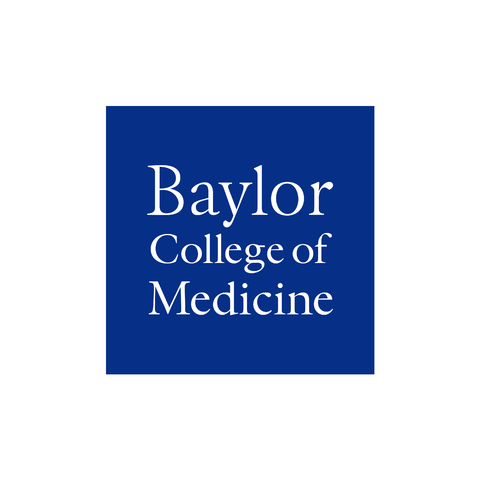Program Leadership
The previous Cell Signaling and Metabolism Program was reorganized and renamed as the Tumor Biology Program in 2023. The program consists of 69 research members and 15 clinical members representing 16 basic science and clinical departments.
The goal of the program is to better understand the biological mechanisms of cancer development and progression and to use these findings to facilitate enhanced diagnostic and therapeutic approaches. Expertise of program members falls into three broad categories: new discovery (multi-omics), cancer cell biology and the role of the microenvironment, including immune and microbiome alterations. Members focus on multiple different cancer types including pancreas, gastrointestinal, liver, lung, prostate, bladder, brain, and head and neck cancers. Investigators also focus on understanding the signaling and metabolic alterations associated with genetic and molecular changes that drive cancer initiation, progression to metastasis, and acquired therapeutic resistance.
Two Themes with subgroups have evolved based on member expertise, research focus, and collaborative efforts.
- Cancer Progression Theme
- Discovery and Modeling
- Cancer Cell Biology
- Microenvironment Theme
- Metabolism and Microbiome
- Immunology and Stomal Interactions
Discovery and Modeling
The Discovery and Modeling group consists of members who focus on several omics approaches that include the evaluation of large databases. In addition, epigenomic deconvolution approaches are used to identify cell types that correspond with altered gene expression within a heterogeneous tumor.
Cancer Cell Biology
The Cancer Cell Biology group focuses on broad aspects of altered cell signaling, including actions of key growth factors. In addition, pathways that regulate cell proliferation, invasion, metastasis, and therapeutic resistance are evaluated in several different tumor types.
Metabolism and Microbiome
The Metabolism and Microbiome group focuses on key changes in metabolism in both cancer cells and other cells in the tumor microenvironment. Included are studies focused on the role of the microbiome in cancer development, progression and therapeutic responses.
Immunology and Stromal Interactions
The Immunology and Stromal Interactions group focuses on altered immune biology within tumors and how altered pathways affect tumor progression and therapeutic resistance. Included in this group are studies of key stromal cells in the tumor microenvironment and how interactions with cancer cells affect progression and therapeutic resistance.
Translation of Research
A key goal of the Tumor Biology Program is to foster interactions of basic research scientists with clinical physician scientists via the Disease Working Groups in order to bring new discoveries to clinical application.











